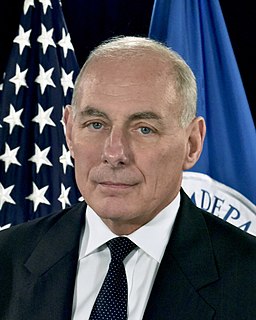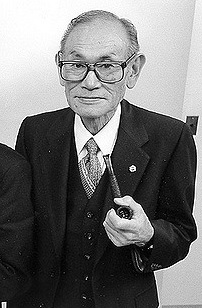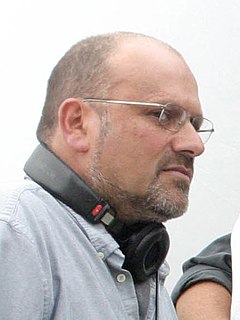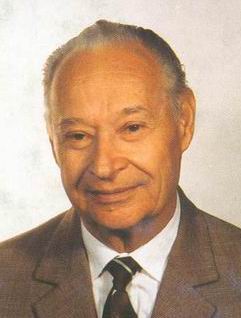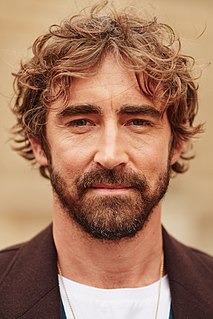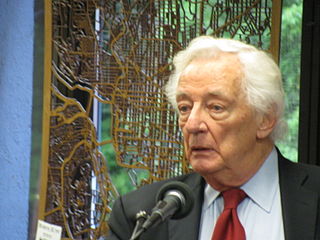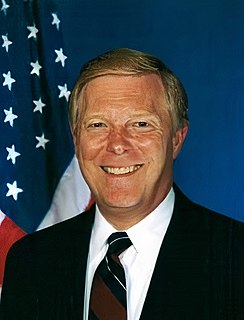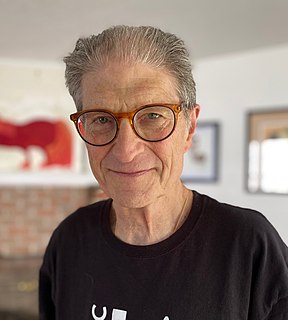A Quote by Marsha Blackburn
Can any of us even imagine, after Pearl Harbor, President Roosevelt suggesting we negotiate a resolution or that we could simply prosecute those involved? Of course it is unimaginable. We are right to be in the Middle East, and we are right to treat this as the war it is.
Related Quotes
I think the public is very reluctant to get involved in more foreign wars, especially in the Middle East. And they understand, implicitly, that we go to war in the Middle East because of oil. And if we don't want to go to war in the Middle East, then we have to do something about the oil problem. And I think that view is gaining ground in the U.S.
Before the war, my parents were very proud people. They'd always talk about Japan and also about the samurai and things like that. Right after Pearl Harbor, they were just real quiet. They kept to themselves; they were afraid to talk about what could happen. I assume they knew that nothing good would come out of it.
It was important for me to show that Beirut and Lebanon were once the pearl of the Middle East. Beirut was once called the Paris of the Middle East and to have that feeling of a destroyed place that once was beautiful and glamorous and visually impressive was important. I think it's even sadder to get the feeling that this country, and indeed the whole Middle East, could have been a major force in the world if people would get together and forget about destruction, death and wars. But unfortunately, it's not happening yet.
I think the important thing to remember about the Japanese internment is the situation. We had been attacked. Maybe Roosevelt expected it - I rather think he did. I don't think he expected an attack on Pearl Harbor. I think he expected an attack on Southeast Asia. But we were attacked at Pearl Harbor
Even a superstitious man has certain inalienable rights: the right to harbor and indulge his imbecilities, provided only that he does not try to inflict them upon others by force; he has the right to argue for them as eloquently as he can. But he has no right to be protected from the criticism of those who do not hold them. He has no right to demand that they be treated as sacred. He has no right to preach them without challenge.
Having found the bomb we have used it. We have used it against those who attacked us without warning at Pearl Harbor, against those who have starved and beaten and executed American prisoners of war, against those who have abandoned all pretense of obeying international laws of warfare. We have used it in order to shorten the agony of war, in order to save the lives of thousands and thousands of young Americans.
Absorbing. . . . Scrupulously reported . . . illuminates today’s Middle East. . . . The ‘least interventionist of any modern president,’ the father of the Eisenhower Doctrine that still defines US policy in the Middle East . . . in 1956 battled demons in bodies personal and politic and in the desert – and prevailed. Nichols’ book, written lean enough to allow the facts to speak for themselves, makes for exciting history.
I had a question. "Why does the name Pearl Harbor sound so familiar?" The lieutenant colonel's eyes narrowed. "Pearl Harbor is the most famous U.S. military base in the world," he said crisply. "It's the only place on U.S. soil that has been attacked in a wars, since the Revolutionary War." None of this was ringing a bell, but you already know I'm totally uneducated. Gazzy leaned over to whisper, "It was a movie with Ben Affleck." Ah. Now I remembered.


